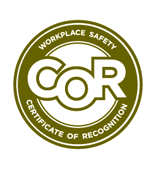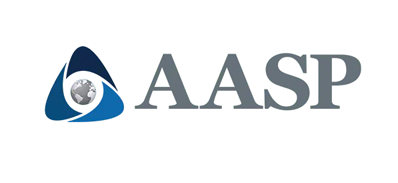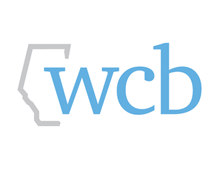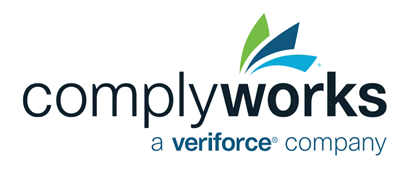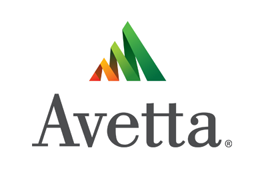Discover the essential strategies and insights for successfully navigating project management in Alberta’s dynamic construction landscape.
The construction industry in Alberta is an exciting and dynamic sector that plays a crucial role in the province’s economy. With its vast natural resources and growing population, Alberta offers numerous opportunities for construction projects of all sizes and complexities. However, navigating project management in this landscape can be challenging without a solid understanding of the industry’s unique characteristics and requirements.
Alberta’s Construction Landscape: An Introduction
Before delving into the specifics of project management in the construction industry, it is essential to grasp the broader context of Alberta’s construction landscape. Alberta boasts a robust construction sector, contributing significantly to the province’s GDP. In 2020 alone, the construction industry in Alberta generated over CAD 55 billion in value added to the economy.
Alberta’s construction industry encompasses various sectors, including residential, commercial, industrial, and civil engineering. Each sector presents distinct challenges and opportunities that project managers must navigate effectively to ensure successful project outcomes.

Eight Interesting Facts about Alberta’s Construction Industry
Here are eight important and interesting statistics about the construction industry in Alberta, highlighting its significance, challenges, and future prospects:
- Economic Contribution: The construction sector represents 7.2% of Alberta’s GDP as of 2021, underscoring its crucial role in the provincial economy.
- Employment Share: In 2022, the construction sector accounted for 9.1% of employment in Alberta, showing its importance as a major employer.
- Investment Percentage: Construction investment comprised 2.6% of Alberta’s total investment in 2022, indicating ongoing development and infrastructural enhancements.
- Renewable Energy and Employment: The focus on renewable energy projects is anticipated to bring in $3.7 billion worth of construction projects by 2023, along with 4,500 jobs, aligning with Canada’s climate targets.
- Labour Shortages and Housing Starts: Despite the surge in housing starts, the construction sector faced acute labor shortages and supply chain issues in summer 2022, impacting project timelines.
- Aging Workforce: The sector is facing an aging workforce challenge, with an expected 22,700 workers to retire between 2022 and 2027. This underscores the need for recruiting younger workers to sustain the industry.
- Diverse Sector Representation: Alberta’s construction industry is diverse, comprising thousands of firms across various sectors, including residential, industrial, commercial, and heavy civil engineering, showcasing the industry’s wide-ranging impact.
- Future Employment Outlook: Employment growth in Alberta’s construction sector is expected to be modest over the medium term, with a projection of a 1.4% increase in the workforce over the next five years. The demand is particularly strong in non-residential construction, highlighting shifts within the industry.
The Pillars of Effective Project Management in Construction
Successful project management in Alberta’s construction industry relies on several fundamental pillars. These pillars include:
- Effective Planning and Scheduling: Thoroughly planning and scheduling a project from inception to completion ensures the efficient allocation of resources, reduces delays, and enhances overall project success. Utilizing project management software can streamline this process.
- Risk Management: Identifying and mitigating potential risks is paramount in Alberta’s construction landscape. From unpredictable weather conditions to labor shortages, project managers must proactively manage risks to minimize their impact on project timelines and budgets.
- Collaboration and Communication: Building strong relationships with stakeholders, including clients, contractors, subcontractors, and regulatory authorities, is vital for effective project management. Clear and open communication channels facilitate efficient information flow and problem-solving.
- Cost Control and Budgeting: Ensuring projects remain within budget requires diligent monitoring of costs throughout the construction process. Implementing robust financial management practices and conducting regular cost analyses can help project managers maintain budgetary discipline.
- Talent and Team Management: Building a skilled and motivated project team is critical to achieving project objectives. Project managers must recruit top talent, foster a collaborative work environment, and provide ongoing training and support to ensure team effectiveness.
Understanding the Construction Industry in Alberta
Alberta’s construction industry is characterized by its diverse range of projects. From residential developments to large-scale infrastructure projects, understanding the various construction sectors is essential for effective project management.
The residential sector in Alberta has experienced steady growth in recent years, driven by population growth and urbanization. Project managers in this sector must navigate factors such as zoning regulations, environmental considerations, and community engagement to deliver successful residential projects.
The commercial and industrial sectors offer their unique challenges. Commercial projects, such as office buildings and retail centers, require careful coordination with tenants, developers, and contractors to ensure timely completion. Industrial projects, including manufacturing facilities and energy infrastructure, demand specialized expertise and compliance with stringent safety and environmental standards.
Understanding Alberta’s Regulatory Environment for Construction
Compliance with Alberta’s regulatory framework is crucial for successful project management in the construction industry. Understanding and adhering to regulations related to building codes, safety standards, permits, and environmental considerations are paramount.
Additionally, project managers must familiarize themselves with Alberta’s legal framework governing construction contracts and dispute resolution mechanisms. Navigating the intricate web of regulations and legal requirements ensures projects proceed smoothly and mitigates potential legal risks.

Key Challenges in Alberta’s Construction Projects and Solutions
While Alberta’s construction landscape presents ample opportunities, it is not without its challenges. Addressing these challenges proactively is vital to project success. Some of the key challenges in Alberta’s construction projects include:
- Labor Shortages: Alberta’s booming economy often leads to labor shortages in the construction industry. Project managers must develop strategies to attract and retain skilled workers through competitive compensation packages, training opportunities, and a positive work environment.
- Unpredictable Weather Conditions: Alberta’s climate can vary significantly throughout the year, presenting challenges for construction projects. Project managers should incorporate contingency plans, such as flexible scheduling and weather monitoring systems, to mitigate the impact of adverse weather.
- Supply Chain Management: Managing the complex supply chains in the construction industry is crucial. Procurement and logistics processes must be streamlined, and effective inventory management practices should be implemented to avoid project delays and cost overruns.
- Changing Regulatory Landscape: Staying updated on regulatory changes and ensuring compliance can be complex. Project managers must establish robust systems to monitor and adapt to evolving regulations to avoid costly disruptions and legal challenges.
Addressing these challenges requires proactive measures and innovative solutions. Embracing technology, fostering collaboration, and investing in ongoing professional development can help project managers overcome these obstacles and achieve project success.
Effective Communication Strategies for Construction Projects in Alberta
Clear and effective communication is the cornerstone of successful construction project management in Alberta. With numerous stakeholders involved in a project, establishing efficient communication channels is paramount.
Regular project status updates, progress reports, and clear documentation are essential for transparent communication. Leveraging digital communication tools, such as project management software and cloud-based platforms, can facilitate real-time collaboration and information sharing among project team members.
Furthermore, organizing regular meetings and fostering open dialogue among stakeholders promote cooperative problem-solving and help identify and address issues proactively.

Innovative Project Management Techniques for Alberta’s Climate
Alberta’s unique climate necessitates the adoption of innovative project management techniques. Adapting to seasonal variations and extreme weather conditions is crucial for project success.
Implementing modular construction methods can help mitigate weather-related delays and minimize construction site disruptions. Off-site manufacturing and pre-fabricated components allow for faster project completion by reducing exposure to adverse weather conditions.
Furthermore, integrating weather monitoring systems into project management strategies enables project managers to anticipate and plan for weather-related challenges. Real-time weather data can inform scheduling decisions, reducing potential downtime and cost overruns.
Risk Management in Alberta’s Construction Landscape
Risk management is a critical component of project management in Alberta’s construction landscape. Proactively mitigating risks and having contingency plans in place are key to minimizing the impact of unforeseen events.
Conducting comprehensive risk assessments at the project’s outset provides insights into potential risks and allows project managers to prioritize mitigation strategies. This includes identifying risks related to safety, environmental compliance, labor availability, and regulatory changes.
Additionally, project managers should establish regular risk monitoring processes to identify emerging risks throughout the project lifecycle. This proactive approach ensures risks are addressed promptly, reducing the likelihood of delays and cost overruns.
Sustainable Practices in Construction Projects in Alberta
In an era of increasing environmental awareness, incorporating sustainable practices into construction projects is vital. Alberta’s construction industry can contribute to sustainable development by adopting environmentally friendly practices and technologies.
Implementing energy-efficient design principles, utilizing sustainable construction materials, and adopting renewable energy sources can reduce a project’s ecological footprint. Additionally, incorporating waste management and recycling practices throughout the construction process minimizes environmental impact.
Furthermore, project managers can leverage sustainability certifications, such as Leadership in Energy and Environmental Design (LEED), to demonstrate their commitment to sustainability. Certifications provide valuable marketing advantages and may contribute to the project’s long-term success.

Leveraging Technology for Project Management in Alberta
The construction industry is increasingly embracing technology to improve project management efficiency. Leveraging digital tools, cloud-based platforms, and project management software can streamline processes, enhance communication, and facilitate data-driven decision-making.
Advanced project management software enables real-time collaboration, simplifies scheduling, and automates routine tasks. Additionally, Building Information Modeling (BIM) technology allows project teams to visualize designs in a digital environment, enhancing accuracy, reducing errors, and streamlining construction processes.
Furthermore, wearable technology and Internet of Things (IoT) devices offer opportunities for real-time project monitoring and data collection. This data can inform project managers’ decisions, optimize resource allocation, and enhance construction site safety.
Building Strong Teams for Successful Projects in Alberta
Successful construction projects in Alberta rely on the expertise and dedication of project teams. Building strong teams requires effective recruitment, fostering a collaborative work environment, and supporting professional growth.
Recruiting top talent requires a thorough understanding of the skills and qualifications needed for each project. Implementing a robust hiring process that assesses both technical competencies and cultural fit ensures the team’s overall effectiveness.
Fostering a collaborative work environment encourages open communication, innovation, and problem-solving. Regular team-building activities and opportunities for professional development contribute to a positive work culture and enhance team cohesion.
Why Choose Double M to Manage Your Construction Project?
When embarking on a construction project in Alberta, selecting the right project management team is crucial. Double M Construction brings unparalleled expertise and a proven track record in managing complex construction projects in the province. With offices in Calgary, Edmonton and Grande Prairie, Double M manages construction projects across western Canada.
With a strong understanding of Alberta’s construction landscape and regulatory environment, Double M Construction ensures projects proceed smoothly from inception to completion. Their commitment to excellence, innovative approach, and dedication to client satisfaction set them apart as industry leaders in project management.
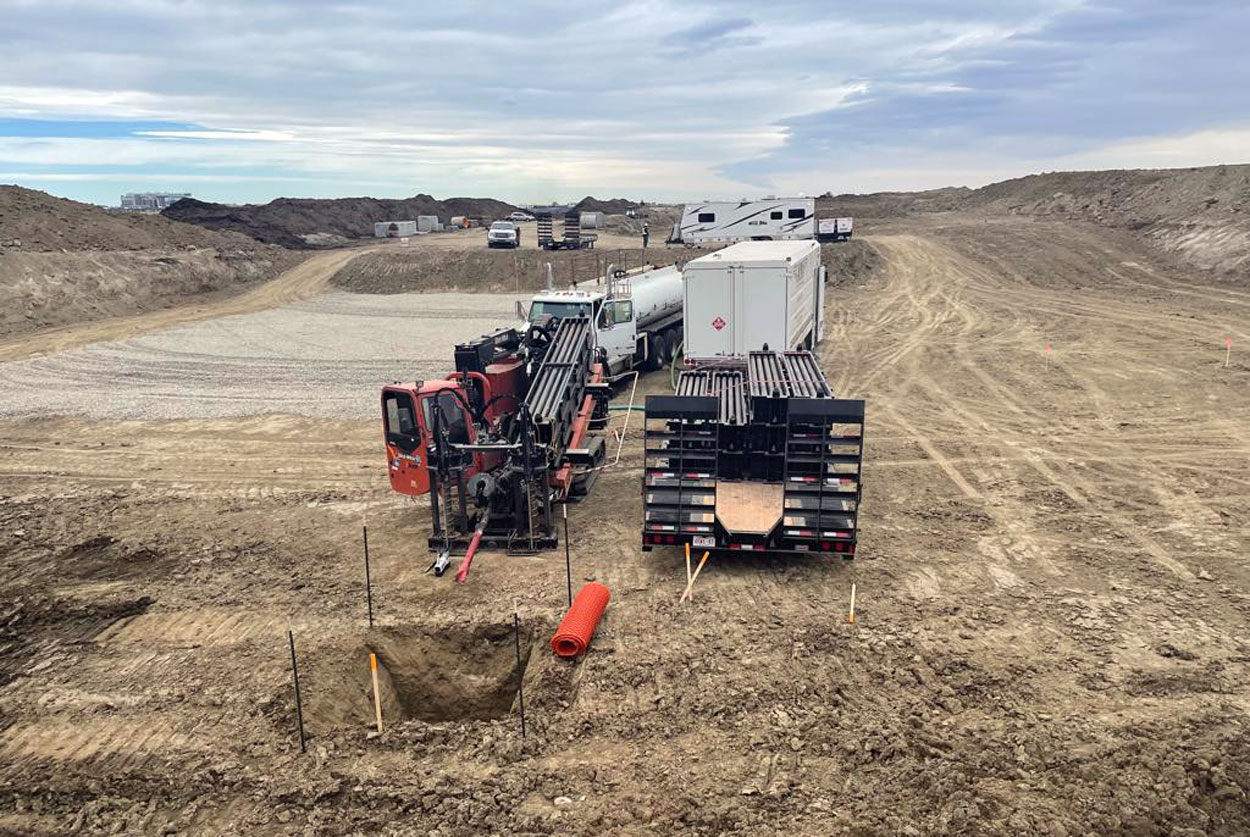
Future Trends in Construction Project Management for Alberta
As the construction industry in Alberta continues to evolve, several trends are shaping the future of project management. These include:
- Prefabrication and Modular Construction: With the emphasis on accelerated project schedules and cost efficiency, prefabrication and modular construction methods are gaining popularity. These approaches offer shorter construction timelines, improved quality control, and reduced site disruptions.
- Virtual Reality and Augmented Reality: The integration of virtual reality (VR) and augmented reality (AR) technologies in the construction industry is revolutionizing project planning, design, and visualization. These technologies enable project teams to explore virtual 3D models and simulate real-world scenarios, enhancing the decision-making process.
- Artificial Intelligence and Machine Learning: AI and machine learning algorithms offer opportunities for data-driven decision-making, predictive analytics, and enhanced project monitoring. These technologies can optimize construction processes, minimize risks, and improve overall project outcomes.
Embracing these future trends and technologies positions project managers for success in Alberta’s evolving construction landscape.
The Path Forward for Construction Management in Alberta
Navigating project management in Alberta’s construction landscape requires a comprehensive understanding of the industry’s intricacies, challenges, and opportunities. By embracing effective planning, risk management, collaboration, and adopting innovative technologies and sustainable practices, project managers can navigate construction projects successfully.
As the industry continues to evolve and new trends emerge, staying abreast of industry developments and adapting management strategies will be crucial. By leveraging the pillars of effective project management and staying ahead of the curve, project managers can confidently lead construction projects in Alberta, contributing to the province’s continued growth and development.
Frequently Asked Questions
Q: What are the key pillars of effective project management in construction?
A: The key pillars of effective project management in construction include effective planning and scheduling, risk management, collaboration and communication, cost control and budgeting, and talent and team management.
Q: What are the top challenges in Alberta’s construction projects?
A: Some of the top challenges in Alberta’s construction projects include labor shortages, unpredictable weather conditions, supply chain management, and changing regulatory landscapes.
Q: How can technology improve project management in construction?
A: Technology can improve project management in construction by enhancing communication, streamlining processes, facilitating data-driven decision-making, and improving project monitoring and control.
With a firm grasp of these key factors and a commitment to excellence, project managers can navigate the intricate landscape of Alberta’s construction industry, ensuring successful project outcomes and contributing to the province’s ongoing growth and development.
Ready to elevate your project with unparalleled expertise?
Reach out to Double M Construction Group today for a partnership that guarantees success, efficiency, and innovation in Alberta’s construction landscape. Let’s build the future together, one project at a time.

